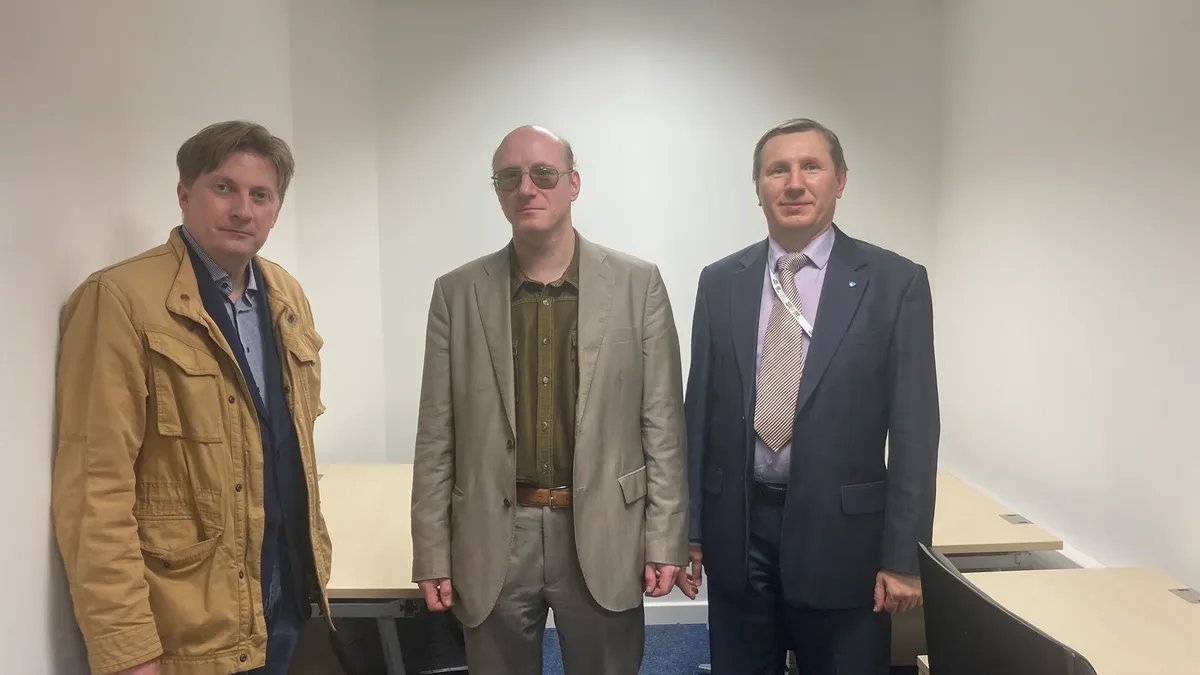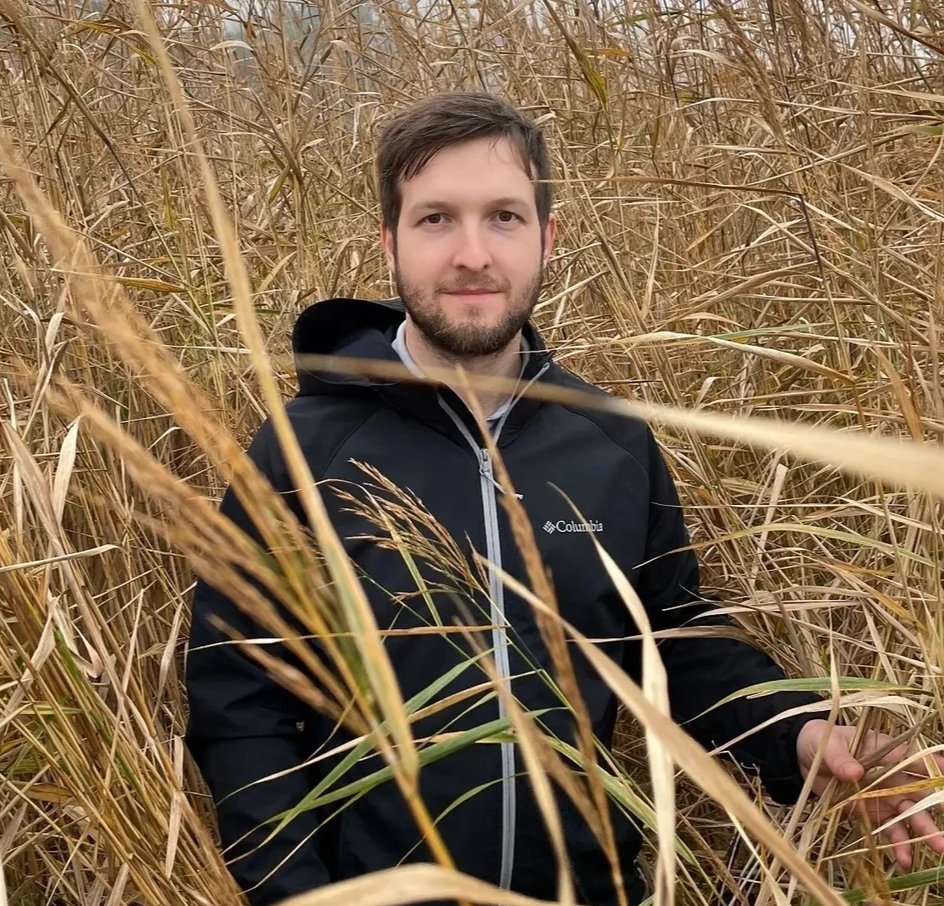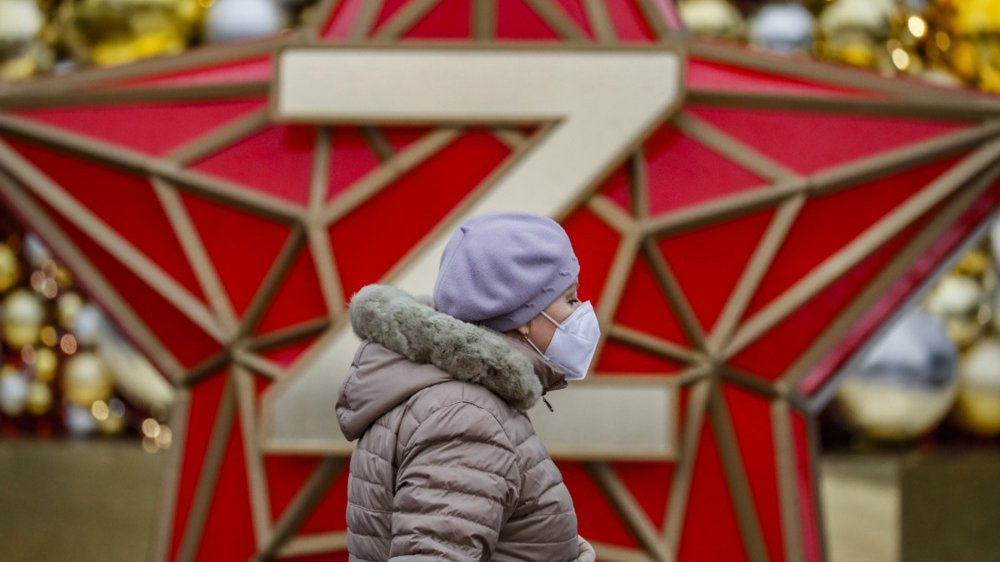The Russian chapter of the Wikimedia Foundation, which has administered Wikipedia’s Russian pages for the past 15 years, is to be dissolved, its co-founder Stanislav Kozlovsky announced on Tuesday.
The drastic step came after Kozlovsly was put under pressure by his employers at Moscow State University, where he had worked as an associate professor for 25 years.
Having been summoned back to Moscow on Monday by the dean’s office while in Baku for work, Kozlovsky was informed that the Justice Ministry was preparing to name him a “foreign agent”.
Seeing the writing on the wall some of its members decided to withdraw from the community at a hastily convened meeting of Wikimedia RU on Monday, while the rest agreed to dissolve the organisation, a legal process likely to take several months.
Alternative facts
Until now, the closest the community has come to being closed down was in May, when the previous director Vladimir Medeyko announced the launch of Ruwiki, an encyclopaedia that would self-censor to avoid falling foul of Russian law, one community member speaking anonymously for security reasons said.
In May, Medeyko said that Ruwiki would be based on the existing 1.9 million Russian Wikipedia articles, but would evolve “in a different direction”. State Duma Deputy Anton Gorelkin of the ruling party United Russia supported Ruwiki’s creation, approving of the website being hosted on Russian servers and managed by a Russian organisation.
The authorities became wary of Wikipedia following the 2021 State Duma elections, when a link to the Navalny team’s Smart Voting app appeared prominently on its website, according to Mikhail Gruznov, the head of Wikiganda, a Tallinn-based global watchdog that seeks to prevent Wikipedia being manipulated.
Medeyko was asked to vacate his post following his announcement of Ruwiki, Gruznov recalled. In the months that followed the remaining members attempted to come up with a new format suitable for Russia’s political conditions. However, following Kozlovsky’s targeting by the authorities, “everyone understood there was no point in keeping the organisation going under these circumstances," Gruznov said.

Wikimedia RU members (from left to right): Stanislav Kozlovsky, Vladimir Medeyko and Nikolay Litvinov. Photo: Dmitry Rozhkov / Wikimedia (CC BY-SA 4.0 DEED)
‘Authors won’t stop writing’
One Wikimedia RU contributor told Novaya Europe the closure would have little effect on those who wrote articles. “Of course, it startled the community. But enthusiasts will continue writing,” she added.
Another contributor agreed. “I don’t think this will seriously change the position of those authoring the articles, though perhaps some well-known people will want to write anonymously.”
Gruznov agreed that neither the closure of Wikimedia RU nor whatever action is taken against Kozlovsky would affect the author community for the time being. Those who write for the Russian-language Wikipedia have always received less support than they might have done in other countries, the contributor added, “and now they have fear to deal with too.”
“The organisation was created to support the community but was almost immediately prevented from doing so,” she continued, explaining that while the Wikimedia Foundation would normally issue grants to support the group’s work, it was prevented from doing so by Russia’s foreign agent law.
The organisation shuttering doesn’t necessarily mean the site will be blocked, she added. “They could block it without going near the organisation. And as far as we know, they didn’t go after the organisation — they targeted a specific person instead.”
Another anonymous contributor told us that over the past two years, Wikimedia RU had been unable to run courses, hold events and stage competitions, and had lost almost all its major sponsors.
“This seems to be a new measure taken after the authorities saw that banning articles and levying fines were not having the desired effect. In this sense, a block is getting closer, as it has taken things to a new level,” he added.
Writers’ block?
If Wikipedia is blocked in Russia most users would continue to access the site via a VPN, as they currently do other blocked media in Russia. Editing Wikipedia from within Russia would become more difficult, Gruznov observed. However, even in the worst case scenario, Russian Wikipedia would still have a significant number of authors outside the country, he stressed.
Any decision to block such a popular site would need to be taken by the Presidential Administration rather than by Russian media watchdog Roskomnadzor, Gruznov continued.
“It hasn’t been tapped yet. Perhaps the trigger will be the election campaign and how closely Wikipedia covers it”.
One contributor said there had been “a lot of fear” within the community following the Russian invasion of Ukraine, adding that people had long been afraid to join Wikimedia RU. “But the Russian-speaking community agreed not to self-censor. Fear didn’t prevent hundreds of currently banned articles being written,” she says.
Gruznov told Novaya Europe that since the invasion, Russian government agencies had been attempting to exert pressure on Wikipedia in various ways, most notably by hiring their own editors to edit pages on the war.

Mikhail Gruznov. Photo: gruznov / Instagram
“We know they were willing to pay serious money. And within weeks we saw many new, yet clearly experienced pro-Kremlin authors. Active editors were intimidated through anonymous Telegram channels, and then the well-known editor Mark Bernstein was detained in Belarus. It was clearly a campaign of intimidation to have fewer independent editors working on articles about the war.”
The Prosecutor General keeps a list of banned Wikipedia pages, which currently number around 120. “Nobody will play along and rewrite articles based on TASS and Defence Ministry material,” Gruznov stressed, adding that some authors had decided not to edit military articles, while on ideological grounds some had gone over to Runiversalis, a pro-Russian, conservative online encyclopaedia created in 2022. Others still have joined Medeyko at Ruwiki. Summing up the situation, Gruznov said: “Over the past two years, the community has been deeply polarised and divided, but at its core, it remains committed to freedom and enlightenment.”
Join us in rebuilding Novaya Gazeta Europe
The Russian government has banned independent media. We were forced to leave our country in order to keep doing our job, telling our readers about what is going on Russia, Ukraine and Europe.
We will continue fighting against warfare and dictatorship. We believe that freedom of speech is the most efficient antidote against tyranny. Support us financially to help us fight for peace and freedom.
By clicking the Support button, you agree to the processing of your personal data.
To cancel a regular donation, please write to [email protected]

